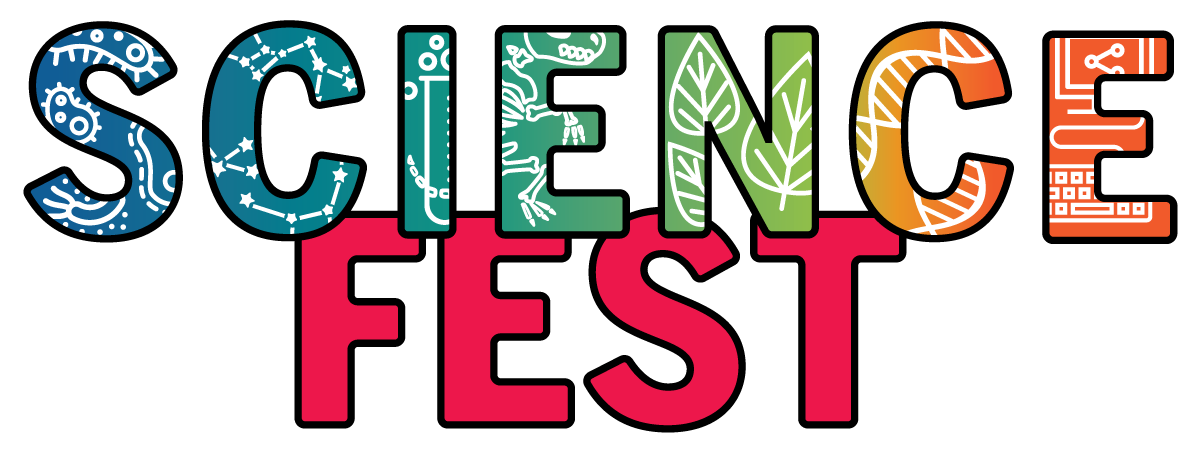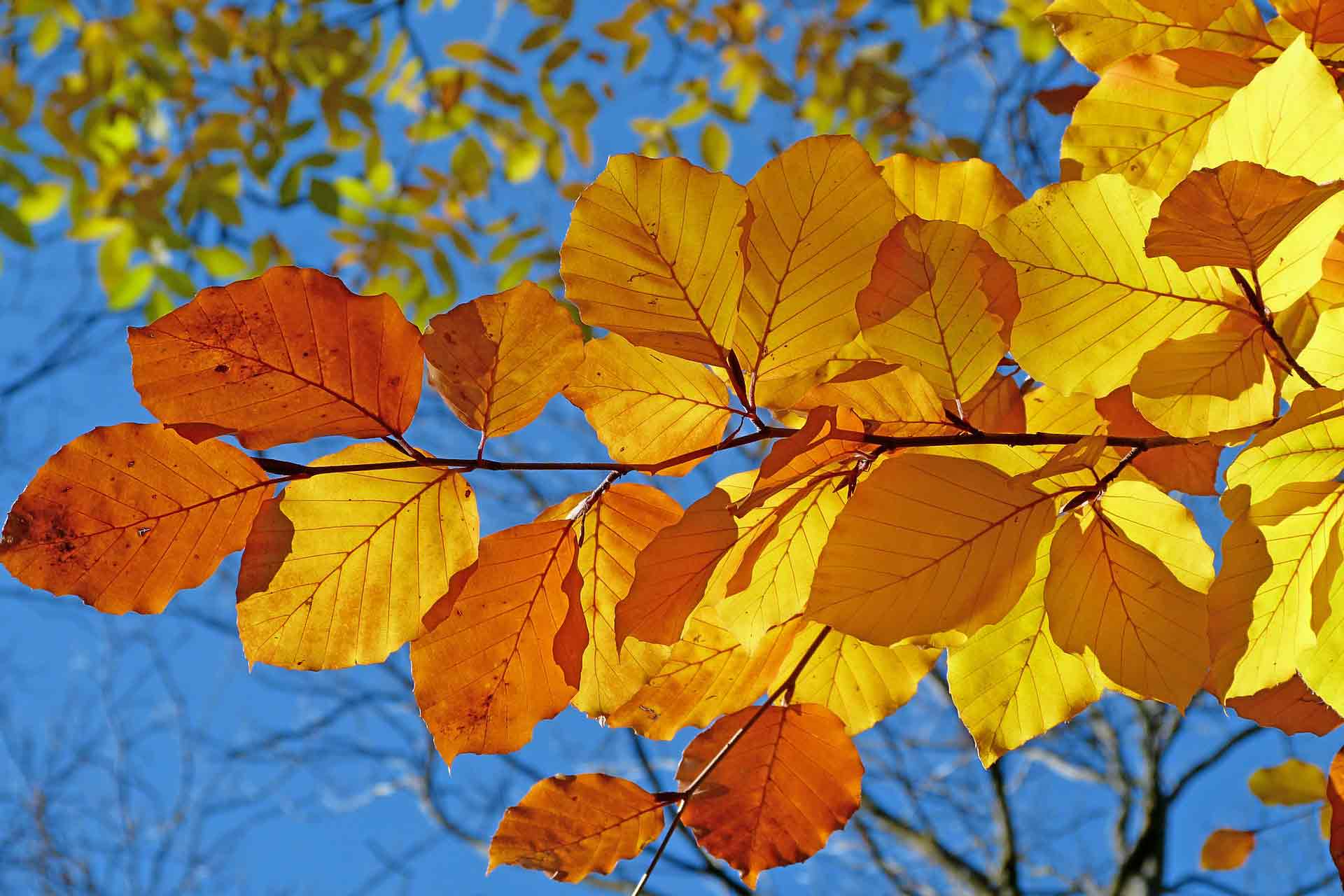The Citizen Science of Phenology Monitoring
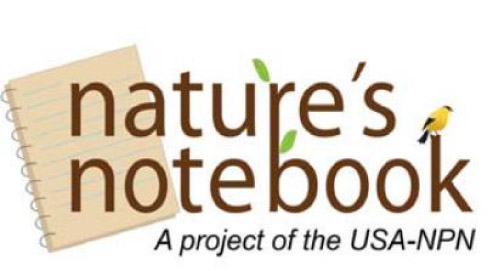
Inspired by Nature’s Notebook, a project of the National Phenology Network
Phenology is the study of the life cycles of plants and animals. In this activity, you are going to make observations about the phenology of tree leaves. It’s a perfect time of year to do, since our deciduous trees are experiencing rapid changes in color and leaf drop right now!
Why do we care about the timing of leaf color change and leaf drop?
Here are a couple of reasons.
- Through photosynthesis, trees remove carbon dioxide from the atmosphere. Carbon dioxide is an invisible gas that traps heat, and right now we have too much of it in the atmosphere, which is causing our plant to warm. Without trees to soak some of it up, the plant would be warming even faster! In deciduous forests like those near Bloomington, the amount of carbon dioxide trees remove from the atmosphere depends on how long the leaves are on the tree.
- Leaves aren’t the only part of a tree that experience seasonal cycles. Over the course of a year, trees also produce flowers, fruits, and seeds, which are important sources of food for wildlife! So, phenology is an important component of the food chain for the entire forest!
Learn more about phenology and how to observe it in this short video produced by the Minnesota Phenology Network:
Phenology Activity
Materials Checklist
- Printed ID Cards and Data Sheets
- Scissors
- Pen or pencil
Tree ID Cards
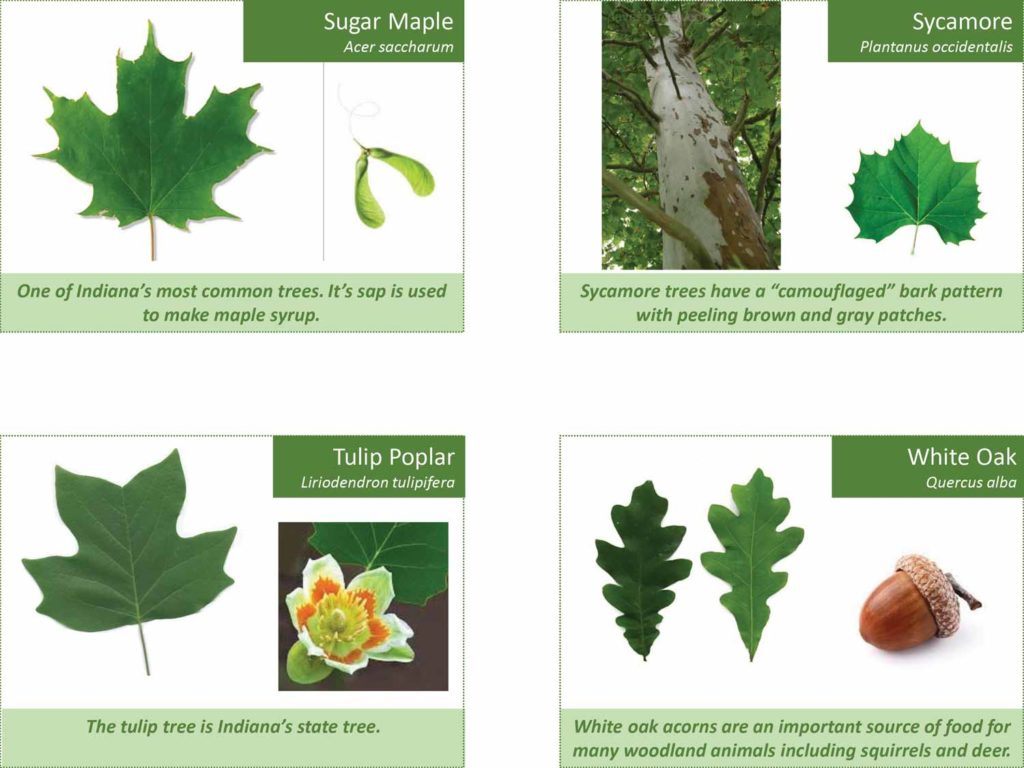
Data Sheet
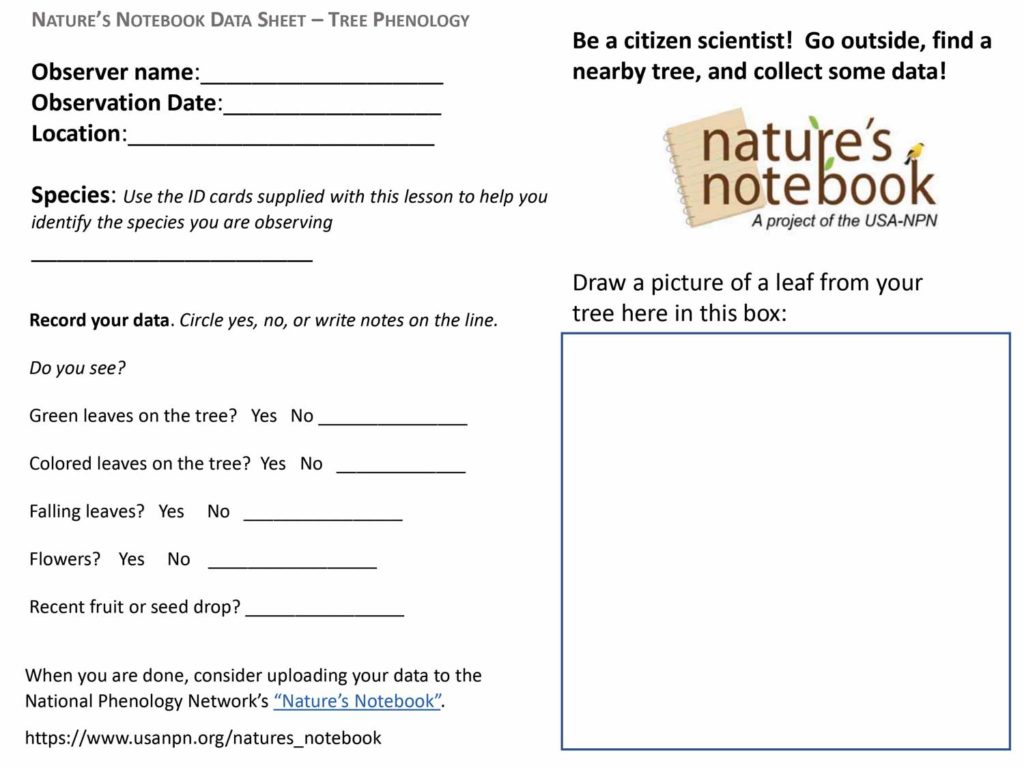
Instructions
Use the Tree ID cards supplied in this exercise to become familiar with some of the most common tree species in southern Indiana.
Print this citizen science phenology data sheet, and go outside and collection some phenology data! (If you don’t have a printer, that’s okay. The most important thing is to find a tree, try to identify the species, and write down some observations about whether its leaves are changing color and falling. You can also draw a picture of the tree’s leaf!
Extra Credit: Share Your Findings!
Upload your data to the National Phenology Network’s “Nature’s Notebook”.
Questions?
Email Dr. Kim Novick, Associate Professor, O’Neill School of Public and Environmental Affairs, Indiana University – Bloomington.

